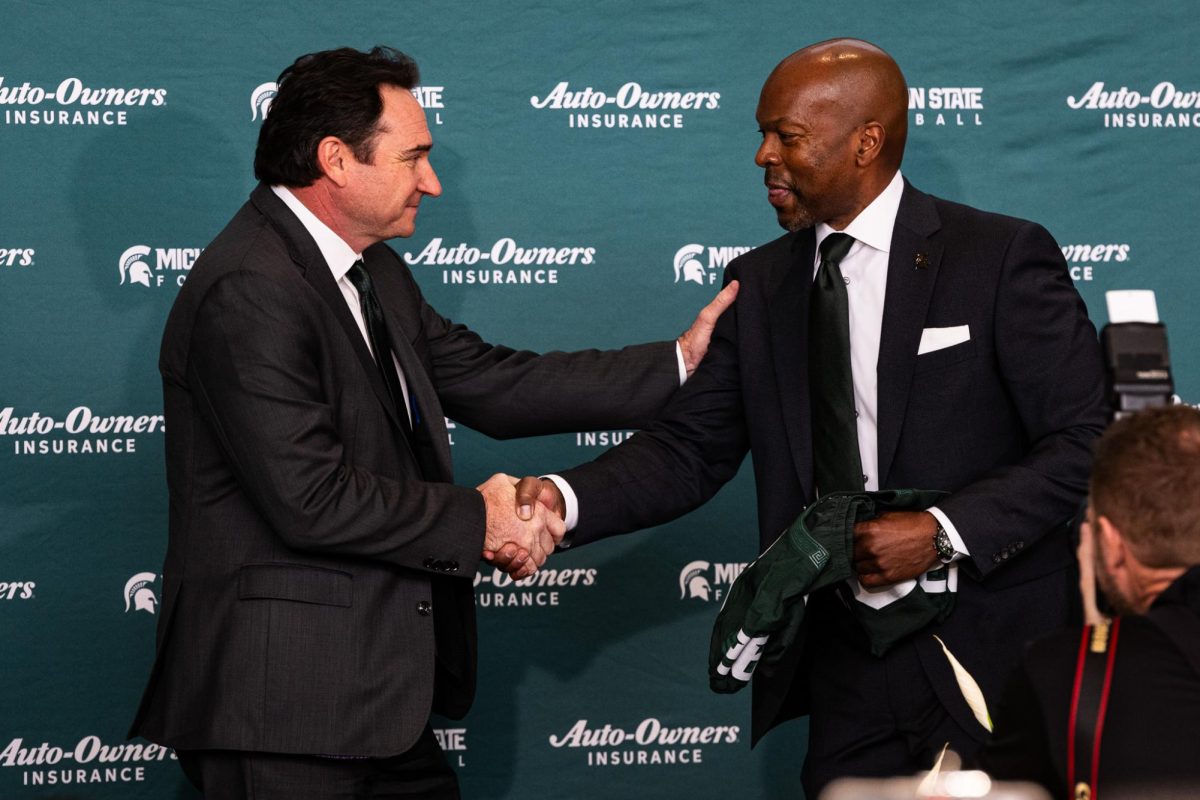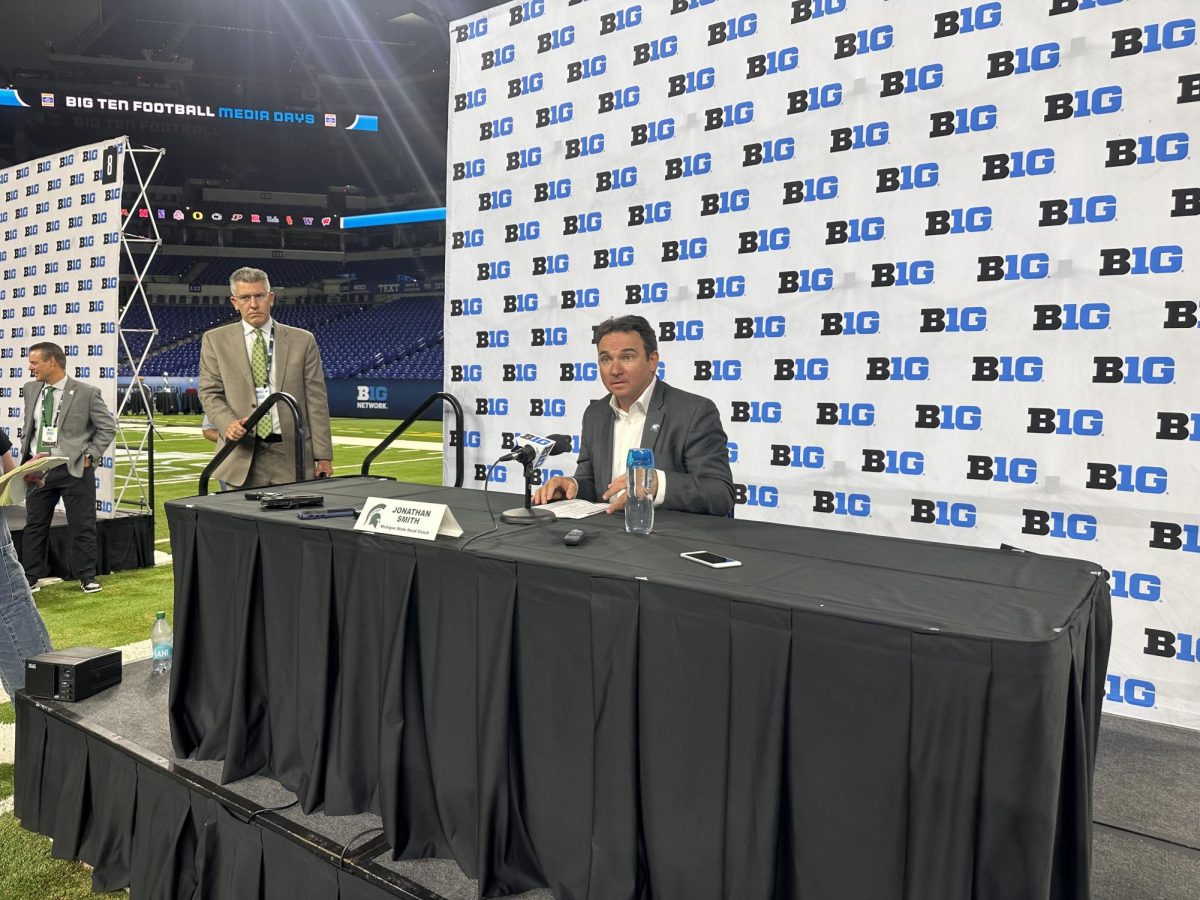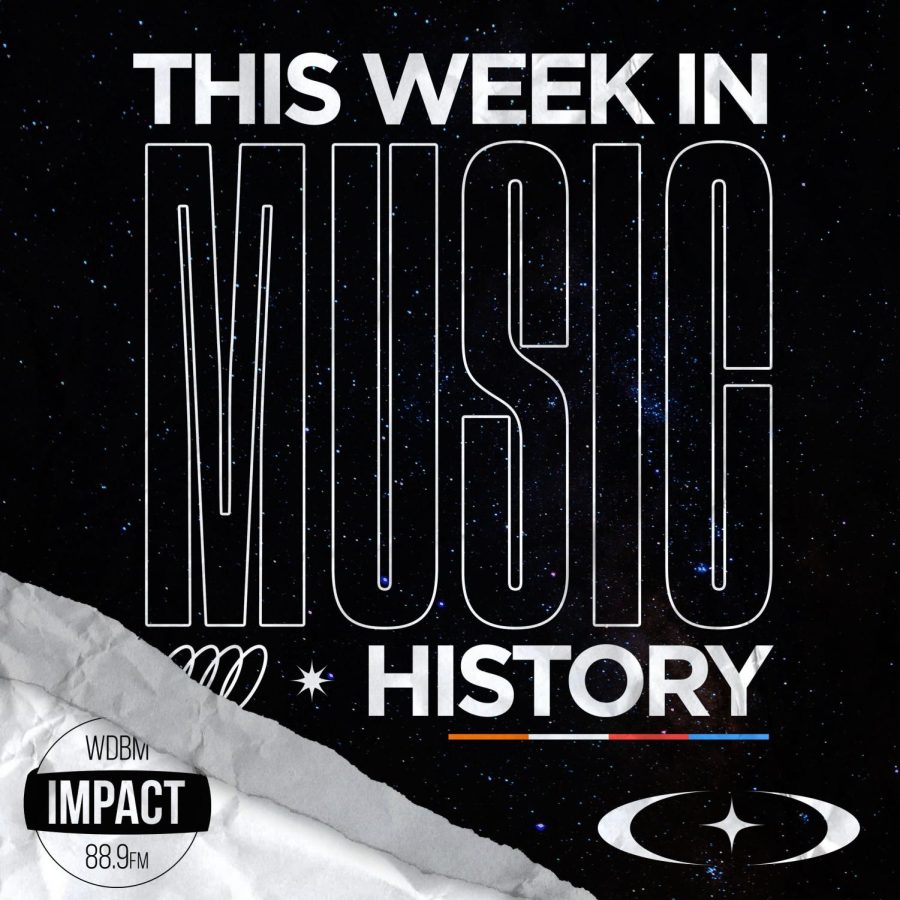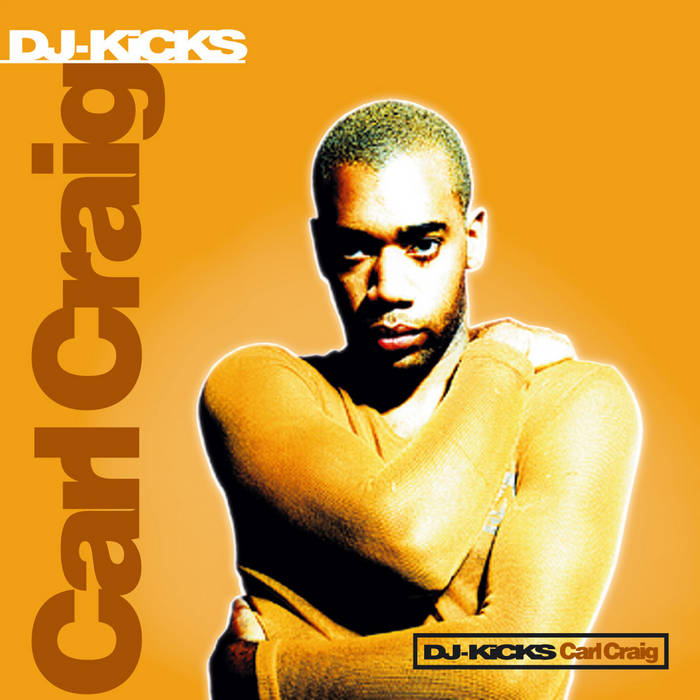The ‘90s was a golden age for music. We had the great grunge bands of Nirvana, Pearl Jam and Alice in Chains. After the grunge movement was reaching its end because of the death of Kurt Cobain, many other genres came to top the charts. Green Day was a band making waves in the underground punk scene for years before the release of Dookie. They released two full-length albums before finally hitting it big with Dookie, released on Feb. 1, 1994.
The album was written in only three weeks and was immediately a commercial success — and for good reason. At a time when pop-punk was still in its infancy, with blink-182 being the sole success of the genre, Green Day seemingly came out of nowhere and released what is seen as one of the most, if not the most, vital pop-punk albums of all time. Dookie is a joy to listen to front-to-back. It’s rapid, loud and full of energy. This is an album where if you skip a track, you miss out on something great. Put the album on and just listen to it from start to finish: It is full of iconic songs left and right.
It’s hard to put into perspective how much Dookie changed the landscape of music as a whole. It was a completely different sound from any other band at the time and took the U.S. by storm. Dookie would sell over 10 million copies in the U.S. with extensive airplay all over. Songs such as “Basket Case,” “Longview” and “When I Come Around” topped the rock charts, with all three becoming number one at different points. The album would go on to win a Grammy for “Best Alternative Album” and from there would be cemented as one of the most influential and genre-defining albums of all time.
– Alex Jimenez-Vega
On Feb. 2, 1993, Willie Nelson settled his astonishingly high $17 million dollar debt with the IRS at long last. The settlement was one of the most high-profile issues in all of music history, and there was quite a chain of prolific events that led to the final settlement.
The issue first arose when the IRS noted that Nelson’s tax shelters were not properly set up by his accountants. The initial debt the IRS approached with was about $17 million, interest and penalties included, but Nelson’s lawyer quickly negotiated the charges down to around $6 million. There was one problem, though: Nelson could not pay off the debt. So, the government went ahead and seized various assets and property.
Luckily, his fame brought about a solution: Most of his seized property and assets were sold at auction, but supporters and friends subsequently bought back most of what was being sold and returned it to Nelson.
Nelson released a new album during this time — The IRS Tapes: Who Will Buy My Memories? The tape was meant to be an unusual but direct response to his fans. The tape sold extremely well in the midst of Nelson’s headlines and helped him recover within the storm of tax issues. Eventually, proceeds from the album helped him pay for the final settlement. In one of the biggest and most high-profile tax-related issues in history, Nelson recovered remarkably well thanks to his highly dedicated fans and supporters.
– Ian Randall
On Feb. 3, 1959, popular musicians Buddy Holly, J.P. “The Big Bopper” Richardson and Ritchie Valens died in a plane crash.
The three performers, as well as Holly’s band and Dion and the Belmonts, were part of the “Winter Dance Party” tour, which was ultimately a burden for everyone involved. The groups were forced to travel on tour buses in brutal Midwest weather, which led to some performers contracting the flu and/or frostbite.
Holly decided to take a plane to the next stop in Moorhead, Minnesota after being dissatisfied with the tour bus conditions. Country music pioneer Waylon Jennings almost boarded the plane but ended up switching rides with a flu-stricken Richardson. Another band member, Tommy Allsup, also missed the plane ride after losing a coin toss to Valens.
Due to the harsh weather conditions, pilot Roger Peterson lost control of the aircraft shortly after takeoff, crashing into a cornfield near Clear Lake, Iowa. The tragedy has retrospectively been referred to as “The Day the Music Died,” a phrase popularized by Don McLean’s “American Pie.”
– Jack Domenicucci
Karen Carpenter was the instantly identifiable voice of 1970s brother-sister band the Carpenters. Carpenter started out as the group’s drummer and co-lead singer. Any vocals she contributed were typically from behind the drumset, until she eventually came to the forefront as the lead singer. The band scored a record deal with RCA after winning a Battle of the Bands competition in 1966 at the Hollywood Bowl. The Carpenters began to take an entirely different direction from the gaudy pop-rock of the ‘70s, which catapulted their fame, along with Karen Carpenter’s distinctive sound and three-octave range.
The band initially took off after the 1969 release of “Ticket to Ride,” which was a cover of the Beatles song. The single was soon surpassed by “(They Long to Be) Close to You” and “We’ve Only Just Begun,” which reached number one and number two on the Billboard Hot 100 charts respectively.
Alongside her brother, Carpenter became a leading seller in soft rock, with their sophomore album selling around 4 million copies. The Carpenters won the Best New Artist category at the Grammys in 1971, as well as Best Contemporary Vocal Performance by a Duo, Group or Chorus two years in a row.
Around 1975, Carpenter began showing signs of anorexia nervosa, impacted by the immense burdens of fame, as well as family issues. She struggled with the illness for several years and unfortunately died of heart failure on Feb. 4, 1983. The cause of her death was likely complications caused by her anorexia, a condition which was relatively taboo at the time. Since her passing, the public’s interest in her life and what she went through has prompted the production of multiple documentaries, including Karen Carpenter: Starving for Perfection. Carpenter’s work continues to attract praise for her ingenuity, tonal qualities and overall importance in American music.
– Noelle Whorf







































